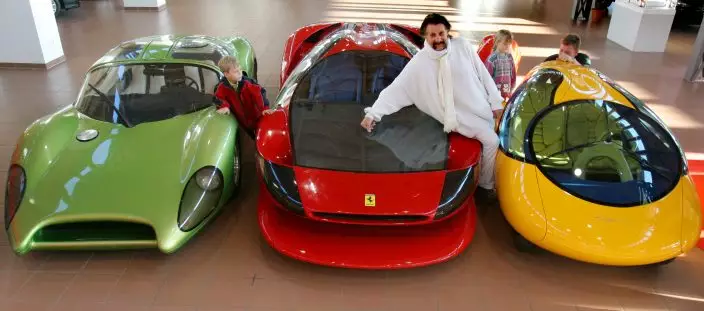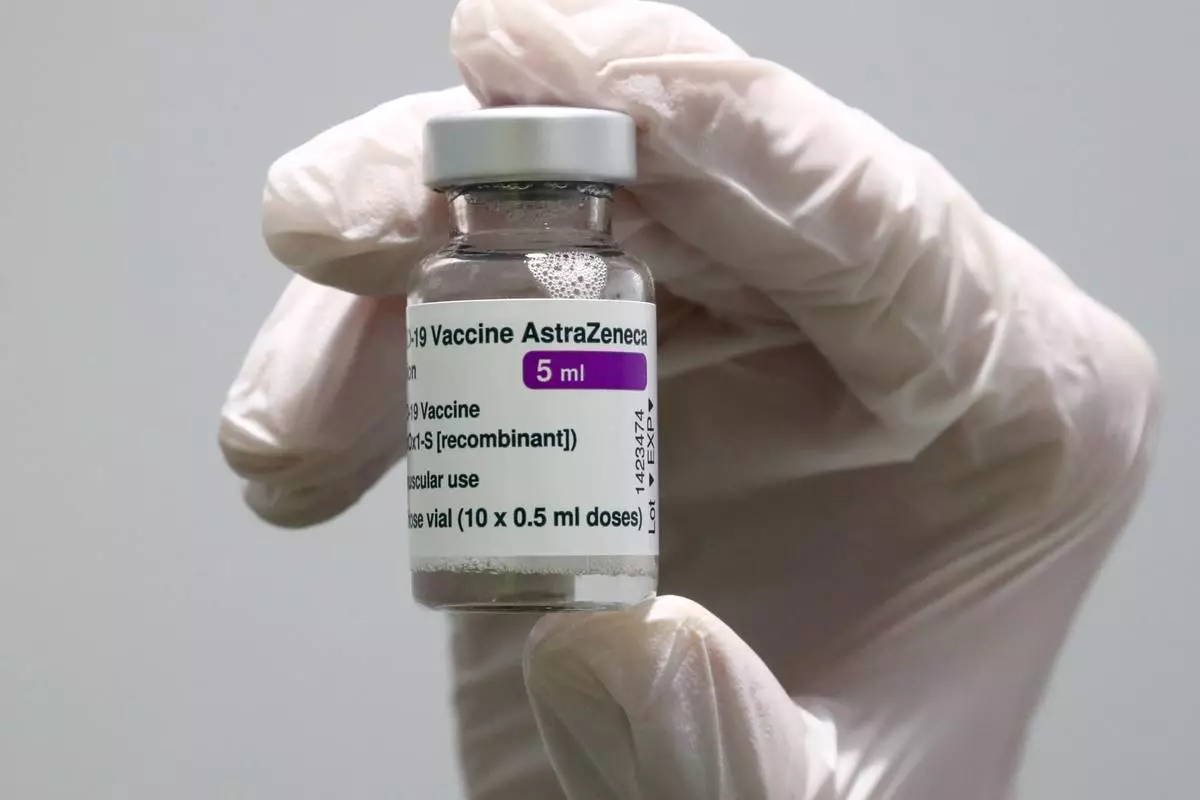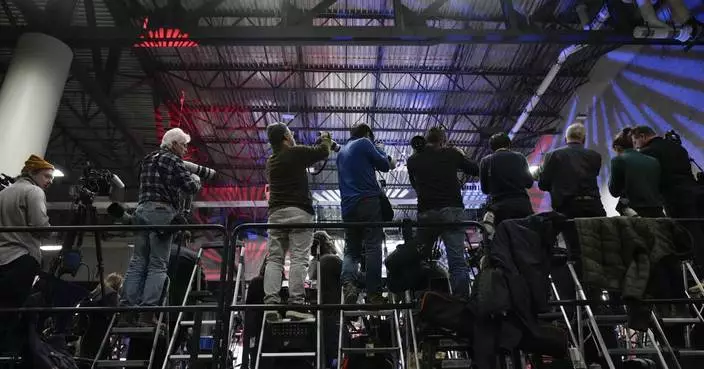Luigi Colani, a renowned German industrial designer, has died. He was 91.
German news agency dpa reported that his partner, Yazhen Zha, confirmed that Colani died Monday in the southwestern town of Karlsruhe after a severe illness. No further details were given.
Colani's designs, which included cars, furniture, glasses, TVs, cameras and clothes, were famous for their round, organic shapes.

FILE-In this Dec. 2, 2006 file photo German designer Luigi Colani poses for photographers in Halle, eastern Germany. Renowned Industrial designer Luigi Colani has died at age 91 in the southwestern German town of Karlsruhe. (Waltraud Grubitzschdpa via AP)
His career spanned several decades and continents. He worked in Germany, Italy, Mexico, the United States, Russia, as well as in China and Japan where he was well-respected.
Colani's design of the Canon T90 camera was one of his biggest successes and strongly influenced the Japanese brand's designs, dpa wrote.
The designer himself said he had more than 4,000 design ideas that he put down on paper.
LONDON (AP) — The pharma giant AstraZeneca has requested that the European authorization for its COVID-19 vaccine be pulled, according to the EU medicines regulator.
In an update on the European Medicines Agency's website Wednesday, the regulator said that the approval for AstraZeneca's Vaxzevria had been withdrawn “at the request of the marketing authorization holder.”
AstraZeneca's COVID-19 vaccine was first given the nod by the EMA in January 2021. Within weeks, however, concerns grew about the vaccine's safety, when dozens of countries suspended the vaccine's use after unusual but rare blood clots were detected in a small number of immunized people. The EU regulator concluded AstraZeneca's shot didn't raise the overall risk of clots, but doubts remained.
Partial results from its first major trial — which Britain used to authorize the vaccine — were clouded by a manufacturing mistake that researchers didn’t immediately acknowledge. Insufficient data about how well the vaccine protected older people led some countries to initially restrict its use to younger populations before reversing course.
Billions of doses of the AstraZeneca vaccine were distributed to poorer countries through a U.N.-coordinated program, as it was cheaper and easier to produce and distribute. But studies later suggested that the pricier messenger RNA vaccines made by Pfizer-BioNTech and Moderna provided better protection against COVID-19 and its many variants, and most countries switched to those shots.
The U.K.'s national coronavirus immunization program in 2021 heavily relied on AstraZeneca's vaccine, which was largely developed by scientists at Oxford University with significant financial government support. But even Britain later resorted to buying the mRNA vaccines for its COVID booster vaccination programs and the AstraZeneca vaccine is now rarely used globally.
The Associated Press Health and Science Department receives support from the Howard Hughes Medical Institute’s Science and Educational Media Group. The AP is solely responsible for all content.

FILE - Medical staff prepares an AstraZeneca coronavirus vaccine during preparations at the vaccine center in Ebersberg near Munich, Germany, Monday, March 22, 2021. The pharma giant AstraZeneca has requested that its European authorization for its COVID vaccine be pulled, according to the EU medicines regulator on Wednesday, May 8, 2024. (AP Photo/Matthias Schrader, FILE)











